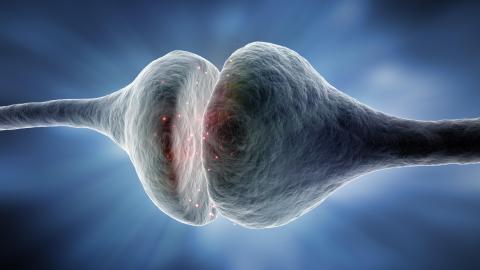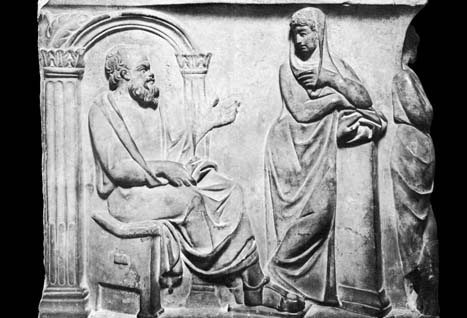Synapses Shrink as Part of the Learning Process, or Why Cramming Doesn’t Work

What’s the Latest Development?
Scientists at Carnegie Mellon University have discovered a surprising new phase in the learning process that involves the shrinking of synaptic connections and explains why cramming for exams yields few long term benefits. The research has shown that in the short term, synapses get even stronger than previously thought, but then quickly go through a transitional phase where they weaken. “When you think of learning, you think that it’s cumulative. We thought that synapses started small and then got bigger and bigger. This isn’t the case,” said Carnegie’s Alison Barth.
What’s the Big Idea?
Scientists have called this new learning phase, in which synapses shrink before growing again, the labile phase. The new information debunks the previous notion that learning is a cumulative process which builds on all previous exposure to knowledge. “The discovery of this labile phase suggests there are ways to control learning through the manipulation of the biochemical pathways that maintain memory,” said Barth. For those seeking to employ this information immediately, scientists say that gradually learning new material through consistent study is the most certain route to retaining new knowledge.
Photo credit: Shutterstock.com





